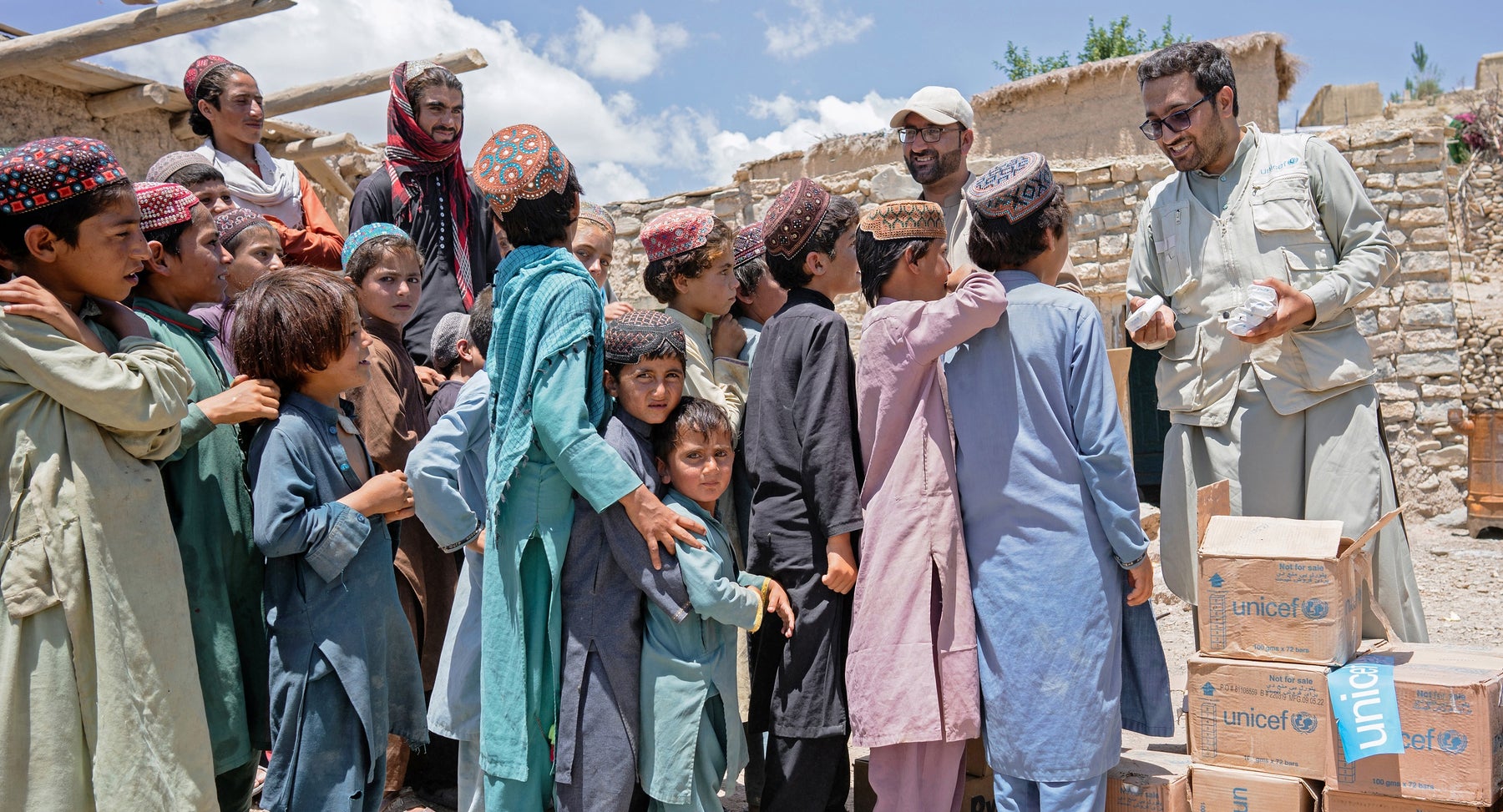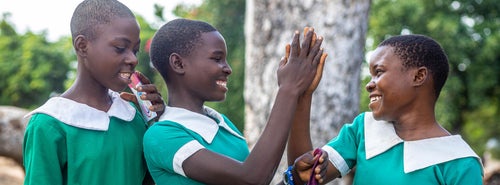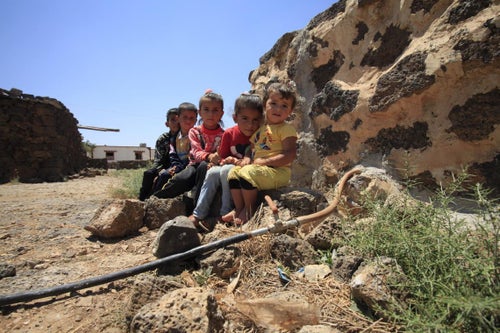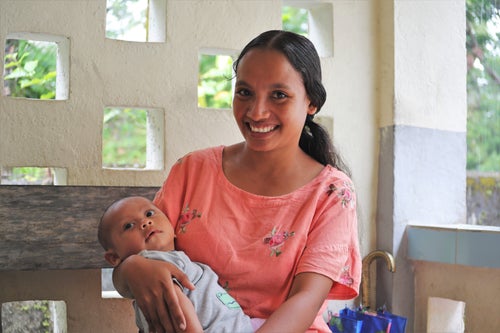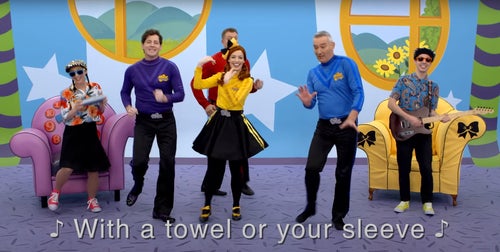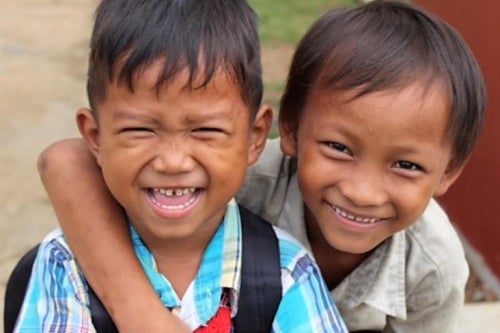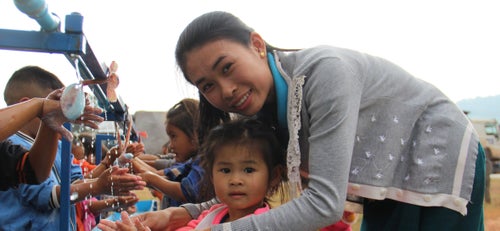We believe it’s possible for every child and their family to have access to clean, safe water.
Clean water is something many of us take for granted. If we’re thirsty we turn on the tap or open a bottle. We wash, flush, bathe and clean without thinking much of it, whether we’re in our homes, schools, workplace, or health care facilities. Yet around the world, millions of children and their families don’t have access to clean water.
Water, sanitation and hygiene (WASH) are a basic human right. Without access to water children’s health and nutrition are affected. Adequate sanitation is essential to childhood survival and development, and while good hygiene not only allows children to stay healthy and prevent the spread of infectious disease, but it also ensures they miss fewer days of school.
Children, particularly girls, are often denied their right to education because many schools lack private and decent sanitation facilities, while many women and girls around the world forced to spend a significant portion of their day fetching clean, safe water. But we’re working to change this.
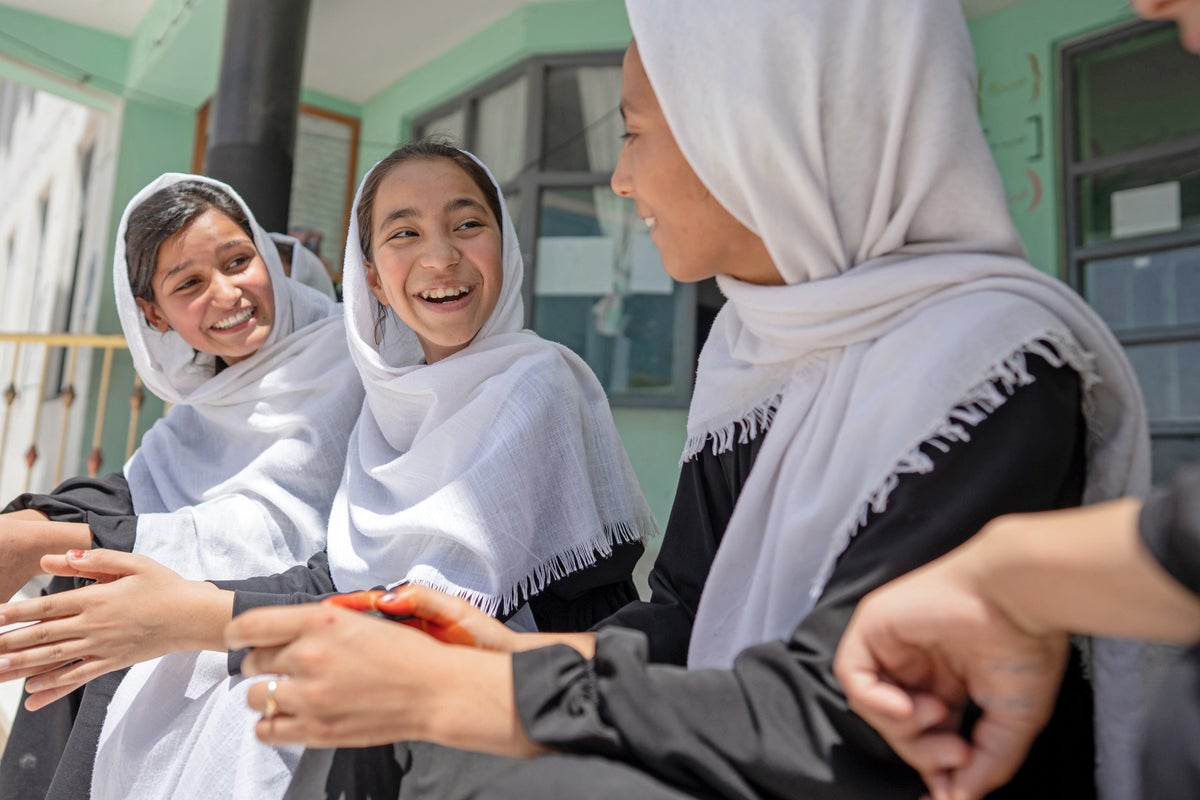
The power of water in Afghanistan
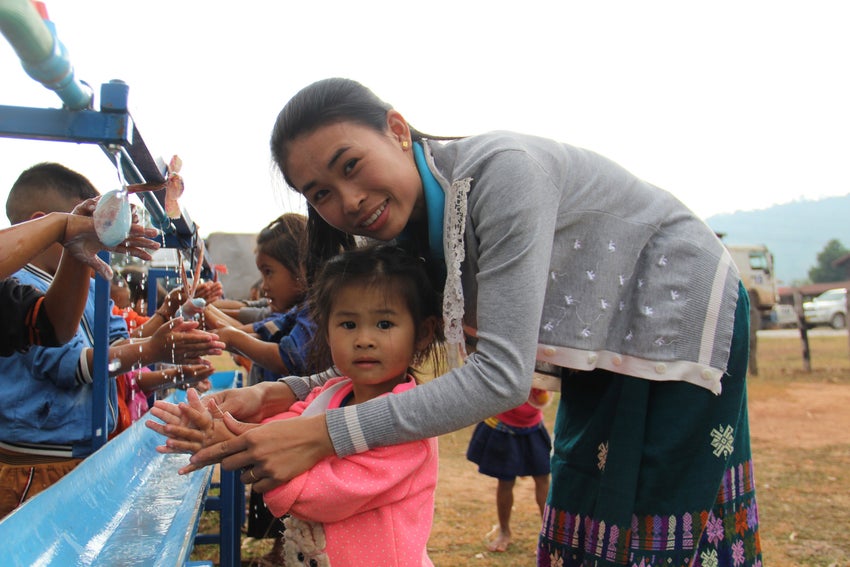
Meet Ms. Nang, a classroom teacher
Like many schools in Laos, her school lacked basic facilities. They only had two available toilets, which were damaged and eventually became unusable, leaving the children without access to proper sanitation facilities. The only water source was a local borehole, leaving teachers with the tough task of manually pumping and carrying water to class for their students before they began their day.
UNICEF Australia was able to support Ms Nang’s school with access to a water tank, hand washing and toilet facilities. Teachers like Ms Nang also received training on how to teach their students to stay healthy by using the sanitation facilities, like washing their hands and brushing their teeth.
"I feel very happy about our new sanitation facilities since I believe that they will greatly help my students learn good hygiene habits that will benefit them, not just at school but at home as well," says Ms Nang.
Access to clean water is a right, not a privilege
We’re working across the Asia Pacific region to provide access to clean water and reliable sanitation in schools, communities and health care facilities. Without the basic facilities, and as a result of poor sanitation, hygiene behaviour and inferior water quality, children often get diarrhoea and pneumonia, both infectious but preventable diseases. Our water, sanitation and hygiene (WASH) programs offer simple solutions on a large scale to reach children with drinking, hand washing and toilet facilities as well as education around personal hygiene, lowering the risk of preventable diseases and improving the overall health of children and their families.
"Water and sanitation are the foundation of all sustainable development, and they are a crucial key to helping every child survive and thrive. Working together, we have made significant progress. But when 300,000 children still die every year from diseases linked to unsafe water and inadequate sanitation, we know we need to do more."
At a local level, UNICEF Australia is committed to supporting critical, underfunded programs, here in Australia and in our neighbouring countries; Cambodia, Laos, Timor-Leste, Papua New Guinea, Sri Lanka, Burundi, Solomon Islands, Vanuatu and the Pacific Islands. This work is made possible thanks to generous supporters like you, as well as the Australian Government through the Australian NGO Cooperation Program (ANCP).
500
schools and preschools across the Asia Pacific region have been provided with improved water and sanitation facilities by UNICEF Australia from 2017-2020.
156,000
Timor-Leste community members were provided with improved WASH facilities, such as access to water, toilets and handwashing, at UNICEF Australia supported health centres.
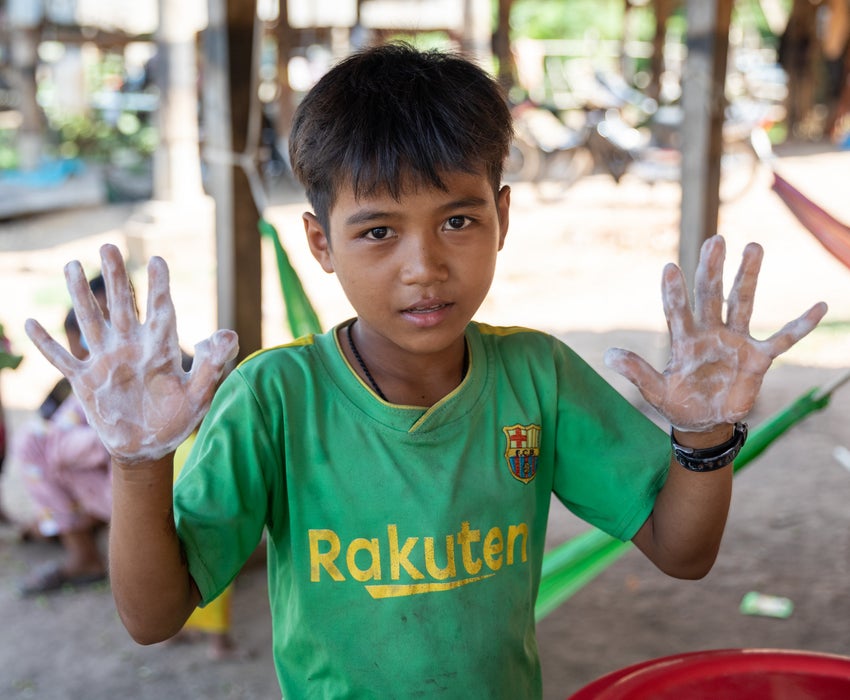
What is it like at a school in Cambodia?
In Cambodia, seven in ten primary schools do not have access to clean water and toilet facilities, which is impacting children’s ability to learn. That’s why UNICEF, in partnership with BORDA, has been supporting the Ministry of Education, Youth and Sport to achieve its goal that every school will have access to WASH facilities by 2025.
Providing basic sanitation facilities, and keeping children hydrated with safe drinking water, can significantly reduce absenteeism. UNICEF’s WASH in Schools programmes is striving to ensure that every child can grow up and learn in a safe, clean environment with education and facilities tailored to their age and ability.
Have an impact on the lives of children
Help us provide children and their families with clean water, proper sanitation and good hygiene.
The impact of our work across WASH
Growing up in a clean and safe environment is every child’s right.


